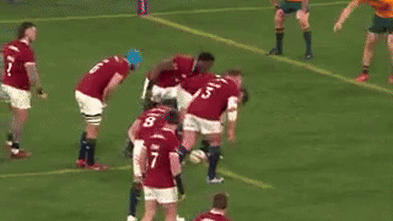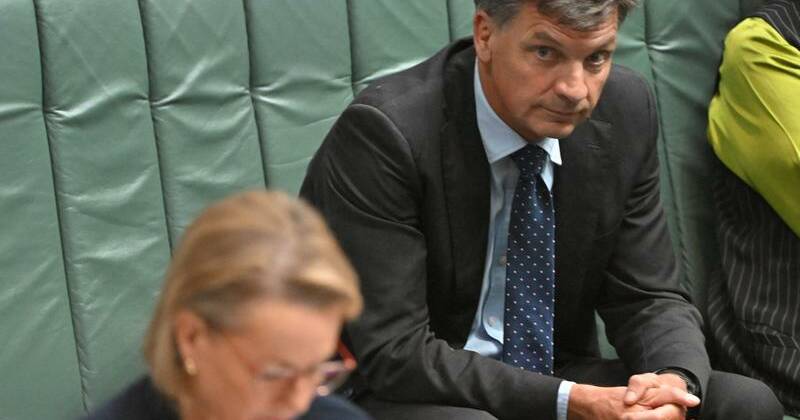
World Rugby has decided against amending regulations following a controversial try by British and Irish Lions hooker Dan Sheehan during the second Test against the Wallabies in Melbourne on March 25, 2023. The incident has drawn criticism from several quarters, with concerns over the potential for head injuries and neck-related incidents as players might replicate Sheehan’s tactic.
In the 16th minute of the match, Sheehan executed a remarkable dive over two defenders while attempting a try, a move reminiscent of an NFL touchdown. This moment, which former Wallabies fullback Matt Burke likened to “Superman” in flight, has reignited a debate over the safety implications of such maneuvers in rugby. While Joe Schmidt, Wallabies coach, acknowledged the excitement of the play, he raised questions about the safety of players who dive over defenders.
Under current World Rugby regulations, players are prohibited from jumping over defenders but are permitted to dive for a try, even if they are tackled midair. Schmidt commented on the potential risks: “It’s illegal to jump the tackle, but he dived over. I guess what it now challenges World Rugby to do is if we get two guys going in to go low, and a guy dives over like that, he’s pretty much head first.” This statement reflects the growing concern that such tactics may lead to serious injuries.
Sheehan, for his part, claimed that his decision to dive was impulsive rather than premeditated. He explained, “I got absolutely minced trying to go low [so] I decided in my own head that I wasn’t going to try that route again. I was lucky enough I just slipped over the top of them and got through.” Despite the controversy, referees have the authority to penalize dangerous play, yet in this instance, referee Andrea Piardi upheld the try, stating, “He is allowed to dive to score a try.”
In a clarification issued in 2022, World Rugby sought to delineate the distinction between diving and hurdling, allowing spectacular dives while discouraging players from jumping over tacklers. Schmidt and other experts have expressed concern regarding the implications of players diving over defenders who are directly in front of them, especially when numerous pick-and-go attempts occur in close quarters. The possibility of head or neck injuries as a result of such plays is a significant worry.
As Jamie Roberts, a Welsh rugby legend, pointed out on social media, the allowance of such a tactic at the elite level could lead to younger players emulating potentially hazardous behaviors on the field. “Having seen it be allowed at the top of the game, many (& kids) could now emulate a potentially very dangerous act,” he cautioned.
In response to the growing concerns, the Wallabies are training to adjust their tackling techniques to prevent players from diving over the line, while still maintaining low body positions to counteract low charges. When asked if World Rugby would consider reviewing the laws in light of these developments, chief executive Alan Gilpin acknowledged the complexity of the issue. “We had a look at it a few years ago and it’s absolutely a challenging one,” he said, highlighting the difficulty of balancing player safety with the excitement of the game.
Former Wallaby and current World Rugby chairman Brett Robinson echoed Gilpin’s sentiments, emphasizing the importance of allowing players to dive for tries while also addressing head contact concerns. “It’s a tricky one. I think the principle of what we’re saying is clear. But in moments like that, it can become challenging for people to interpret,” he said.
The debate surrounding the try scored by Sheehan reflects broader discussions within the rugby community about player safety and the need for clearer regulations. With the potential for such tactics to proliferate in the game, World Rugby faces pressure to find a resolution that preserves the sport’s integrity while protecting its players from injury. As the British and Irish Lions Tour continues, the eyes of the rugby world remain keenly focused on how these issues will unfold.






